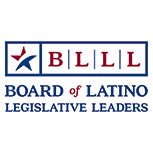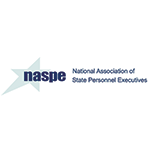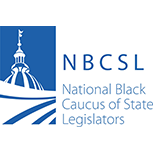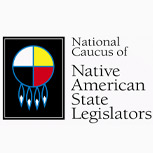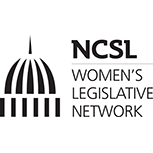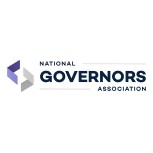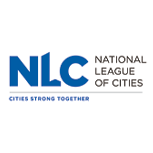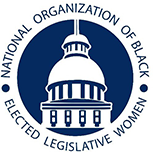State Exchange on Employment & Disability
State and local governments play a vital role in building a strong American workforce, one prepared to meet their employers' needs in an increasingly global economy. It is critical for state policymakers to create accessible and inclusive environments that promote greater workforce participation and employment success for all citizens, including people with disabilities.
The State Exchange on Employment & Disability (SEED), which is funded by an Office of Disability Employment Policy contract, is a unique state-federal collaboration that supports state and local governments in adopting and implementing inclusive policies and best practices that lead to increased employment opportunities for disabled people, and a stronger, more inclusive American workforce and economy.
SEED’s novel approach to addressing workforce development policy includes partnering with organizations that represent state and local policymakers and designing customizable options that account for state-driven interests and stakeholder needs on priority issues related to disability employment.
New and Noteworthy
Articles and Blogs
Diversity, Equity, Inclusion—and Accessibility: How Cities Can Lead
NLC ARTICLE
Governors Lead on Solutions to Improve Mental Health in the Workplace
NGA COMMENTARY
Mental Health and Workers' Compensation Snapshot
NCSL SNAPSHOT
Reports & Policy Briefs
The State as a Model Employer of People with Disabilities: Policies and Practices for State Leaders
CSG REPORT
Inclusive Apprenticeships
CSG POLICY CURRICULUM
The Changing Nature of Work
NCSL POLICY RESOURCE
Webinars & Podcasts
How States Are Developing Inclusive Civic Sector Apprenticeship Programs
WIG WEBINAR
Inclusion Works: Strategies for Establishing States as Model Employers of People with Disabilities
CSG WEBINAR
Maternal Mental Health and Employment
WIG WEBINAR
A portion of these materials were funded by the Office of Disability Employment Policy, U.S. Department of Labor through the State Exchange on Employment & Disability. These documents, and any other organization’s linked webpages or documents, do not necessarily reflect the views or policies of the Office of Disability Employment Policy, U.S. Department of Labor, nor does the mention of trade names, commercial products or organizations imply endorsement by the U.S. Government.

